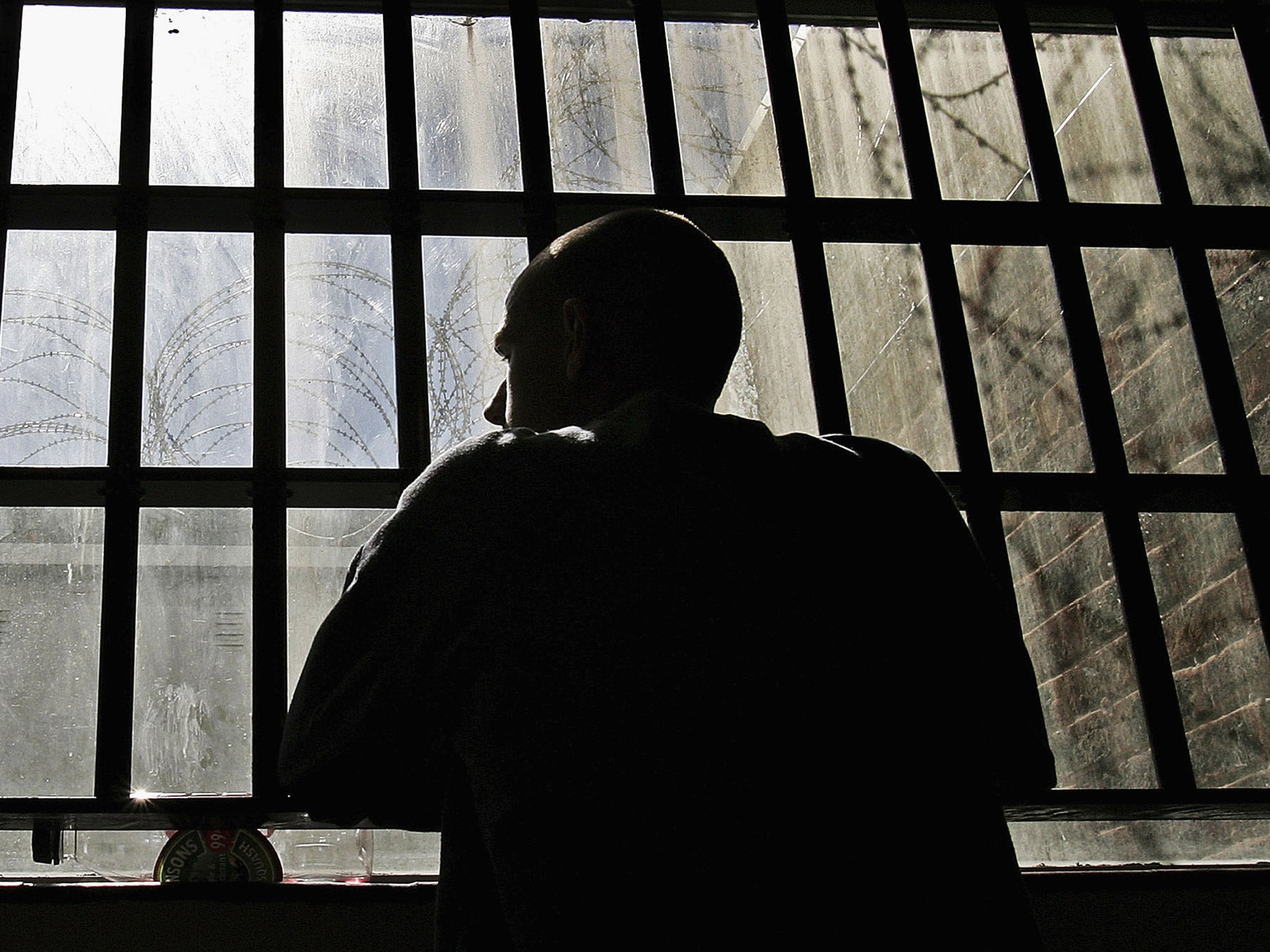Overpopulated prisons resulting in high levels of violence and extremely poor living conditions
The dire situation at privately run HMP Doncaster should force Mr Gove to tackle over-population in UK jails

Your support helps us to tell the story
From reproductive rights to climate change to Big Tech, The Independent is on the ground when the story is developing. Whether it's investigating the financials of Elon Musk's pro-Trump PAC or producing our latest documentary, 'The A Word', which shines a light on the American women fighting for reproductive rights, we know how important it is to parse out the facts from the messaging.
At such a critical moment in US history, we need reporters on the ground. Your donation allows us to keep sending journalists to speak to both sides of the story.
The Independent is trusted by Americans across the entire political spectrum. And unlike many other quality news outlets, we choose not to lock Americans out of our reporting and analysis with paywalls. We believe quality journalism should be available to everyone, paid for by those who can afford it.
Your support makes all the difference.The early stages of Michael Gove’s career as Justice Secretary have involved tearing down the work of his predecessor, Chris Grayling. Mr Grayling considered cutting the budget his primary calling. He slashed legal aid (which Mr Gove has softened). He introduced the courts charge (which Mr Gove has dropped).
He banned books for prisoners (which Mr Gove has reversed). We do not yet know what the new Justice Secretary’s approach to private prisons will be, though the fact that they were much favoured by Mr Grayling nudges the mind one way.
Certainly, the case for outsourcing penal institutions is not as strong as Mr Grayling liked to claim. Not long after he said that G4S-run HMP Oakwood was his “favourite” prison, the prisons inspector issued a damning report, and Ministry of Justice statistics placed it among the three worst-performing prisons in the country.
At best, private institutions have a mixed record. G4S has done good work at HMP Birmingham, transforming a Victorian-era prison that many thought would suffer under private control. But despite private prisons housing only 18 per cent of British prisoners, they accounted for more than one-third of all self-harm incidents, drug seizures and hunger strikes last year. They also took up nearly a quarter of the prisons budget, so may not be as cost-effective as Mr Grayling suggested.
Mr Gove, who must oversee cuts to the justice department budget of 15 per cent in the next five years, would do well to visit Serco-run HMP Doncaster before he is tempted by the promise of privatisation as a way to reduce the bills. It offers a case study in how not to run a prison. Guards have been overwhelmed by high levels of violence, hostage-taking and gang assaults. In the past 18 months alone, three people have killed themselves within its walls.
But the lessons Mr Gove should take from the collapse of HMP Doncaster go beyond wariness of the private sector. One of the few black marks on the Justice Secretary’s record thus far is his belief – repeated on more than one occasion – that humane prison reform does not require reducing the overall prison population. This is absurd. Britain locks up the most people in Western Europe, jailing 20,000 more than France and 30,000 than Germany. The system is vastly overcrowded, which leads to neglect and abuse.
In practice, wardens know that looking after fewer prisoners would improve conditions, and that the current situation is unsustainable: it is telling that, with the state of HMP Doncaster increasingly dire, 100 prisoners were moved to different institutions.
If Mr Gove is unwilling to consider cutting the number of prisoners, he is bound – by his own desire for a better, safer prison system – to add to the number of prison staff. Much has been made of the Government’s plans to close old Victorian prisons in city centres, and replace them with new institutions. But HMP Doncaster, constructed in 1994, suggests a prison’s success has more to do with staffing levels than the year in which it was built.
Mr Gove’s intention to create a more liberal prison system, where inmates are offered a true chance of rehabilitation, cannot be fulfilled without improving the ratio of staff to prisoners, either by boosting the former or reducing the latter. Faced with the choice between putting money into the system to pay for prison guards, or reducing costs by reducing the number of inmates they must look after, it would seem the path for Mr Gove is obvious. Let us hope he sees sense and takes it.
Join our commenting forum
Join thought-provoking conversations, follow other Independent readers and see their replies
Comments